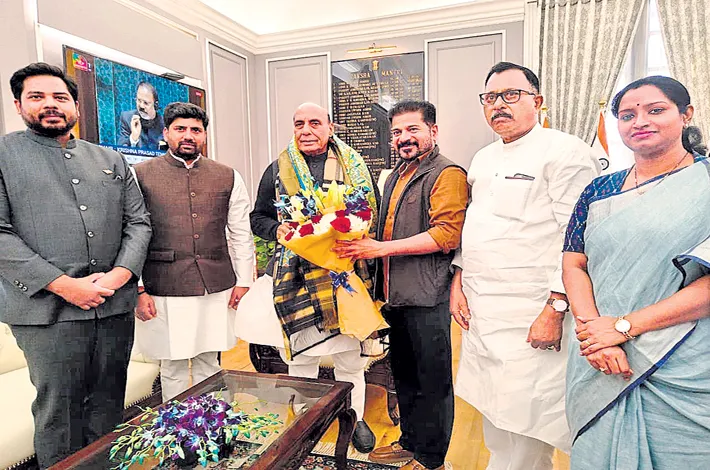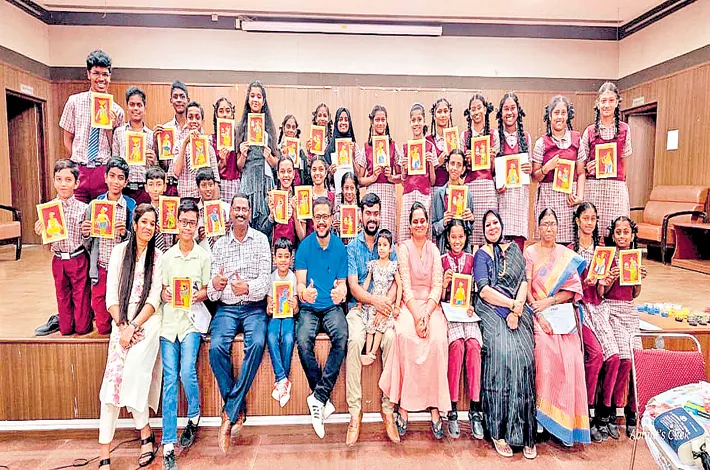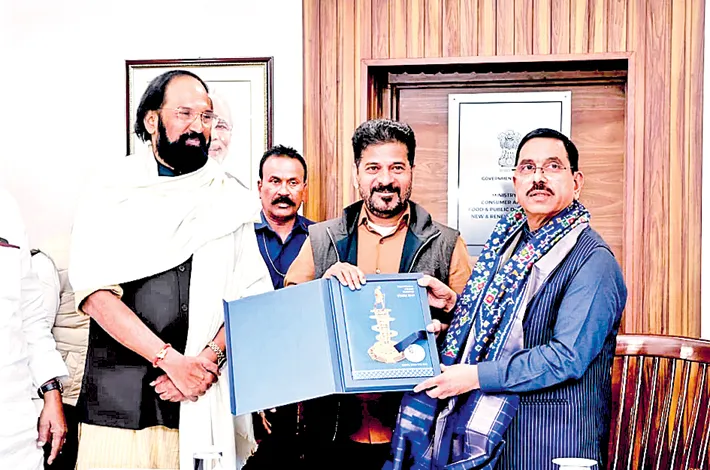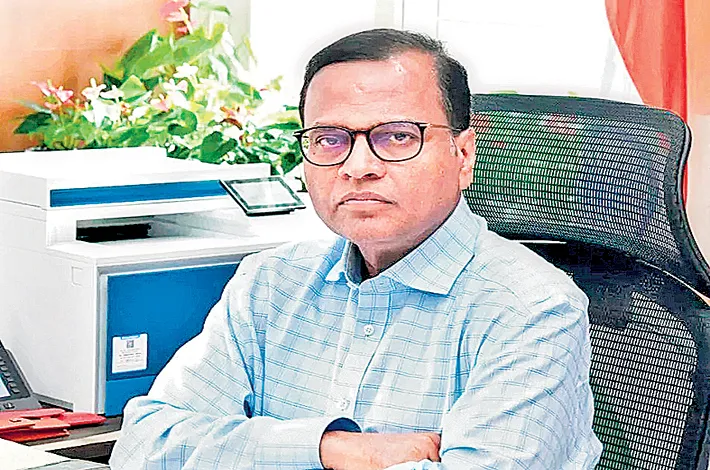Reclaim PoK: Mohan Bhagwat
06-10-2025 12:00:00 AM
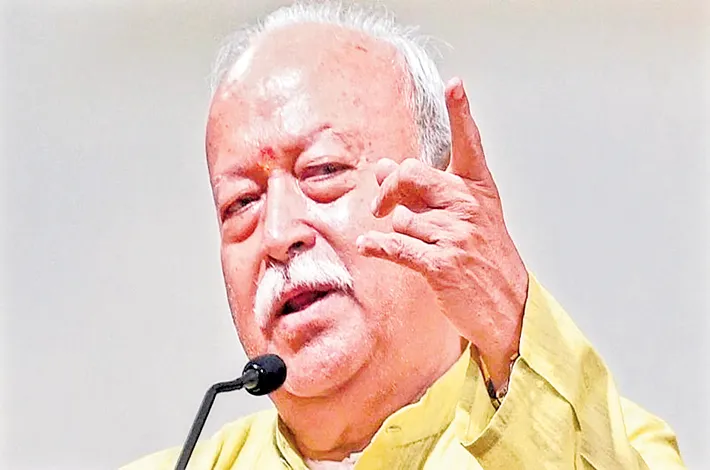
In a stirring address laced with metaphors of familial possession and national unity, Rashtriya Swayamsevak Sangh (RSS) chief Mohan Bhagwat asserted that India must reclaim Pakistan-occupied Kashmir (PoK), framing it as an integral "room" in the nation's home long usurped by outsiders. Speaking at the inauguration of the Sindhi Camp Gurudwara here today, Bhagwat's remarks drew thunderous applause from an audience rich with Sindhi community members, underscoring a surge of patriotic fervor amid escalating unrest in the disputed territory.
The event, attended by hundreds, marked a poignant gathering for the Sindhi diaspora, many of whom fled to India during the 1947 Partition without crossing into the newly carved Pakistan. Bhagwat opened his speech by warmly acknowledging their presence: “Many Sindhi brothers are sitting here. I am very happy. They did not go to Pakistan; they went to undivided India. Circumstances have sent us here from that home because that home and this home are not different.” This nod to shared heritage elicited huge cheers, setting the tone for a message blending cultural nostalgia with geopolitical resolve.
Transitioning to the core of his address, Bhagwat employed a vivid household analogy to evoke PoK's rightful place in India's fold. "The whole of India is one home, but someone has removed one room of our house where my table, chair, and clothes used to be kept. They have occupied it. Tomorrow, I have to take it back..." As these words hung in the air, the hall erupted in sustained applause, with attendees clapping in fervent agreement—a visceral affirmation of Bhagwat's unyielding stance on territorial integrity.
The timing of Bhagwat's intervention could not be more charged. Over the past three days, PoK has been gripped by widespread protests led by the Awami Action Committee (AAC), demanding economic relief and political autonomy from Islamabad's iron-fisted control. Clashes between demonstrators and Pakistani security forces have turned deadly, claiming at least 10 lives and injuring over 100. In Dhirkot in Bagh district, four protesters were gunned down; fatalities were also reported in Muzaffarabad, Dadyal in Mirpur, and Chamyati near Kohala. Analysts decry Pakistan's reliance on repression over dialogue, which has only deepened the chasm between locals and the central establishment, exposing decades of anti-India rhetoric as hollow.
Bhagwat's rhetoric resonates against this backdrop of simmering rebellion, where thousands have rallied under banners decrying exploitation in the strategically vital region. His comments echo India's long-standing claim over PoK as an inseparable part of Jammu and Kashmir, a position reaffirmed post the 2019 abrogation of Article 370. Just days earlier, on October 2 during RSS's Vijayadashami centenary in Nagpur, Bhagwat had lauded India's "fitting response" to a recent Pahalgam terror attack, praising the armed forces' valor and societal unity in bolstering security.
Still, the Satna speech wove PoK's reclamation into a broader tapestry of Hindu unity and spiritual resurgence. "Today we call ourselves different, but no matter which religion or language we associate with, the truth is we are all one, we are Hindus," Bhagwat proclaimed, attributing societal fractures to British colonial machinations that eroded India's spiritual ethos in favor of materialism. He chided those who shun the Hindu label abroad, only to be identified as such by the world, and urged reclaiming the Sindhi "second home" where "our belongings and spaces were taken by others, but one day, we will reclaim them as they rightfully belong to us."
Emphasizing self-reliance, Bhagwat advocated infusing daily life with ancient spiritual wisdom: "In order to attain true independence, one should implement India’s spiritual knowledge in daily life. India can teach the world about peace and prosperity." This call aligns with RSS's centenary vision of fostering "role models" to propel national progress, as outlined in his Nagpur address, where he detailed seven organizational goals amid global interdependence.
Social media erupted swiftly, with breaking alerts from outlets like NDTV amplifying the clip of Bhagwat's PoK vow, garnering thousands of views within hours. Hashtags like #ReclaimPoK trended, blending jubilation from supporters—"A clarion call for Akhand Bharat!"—with critiques from opposition voices decrying it as inflammatory amid fragile Indo-Pak ties.
Bhagwat's words, delivered on the heels of RSS's milestone year, signal an emboldened ideological push. As PoK's protests underscore Islamabad's vulnerabilities, they invite speculation on whether New Delhi might leverage diplomatic or strategic avenues to press its claim. For now, in Satna's echoing halls, the RSS chief has reignited a national conversation on unfinished partitions, reminding listeners that some "rooms" demand reclamation—no matter the cost.





